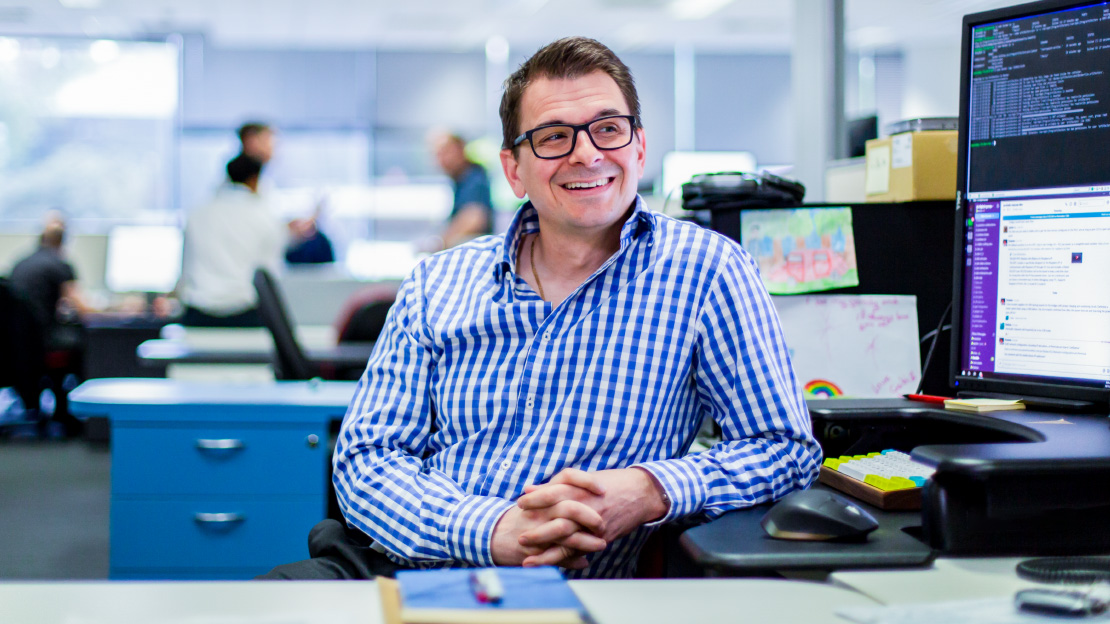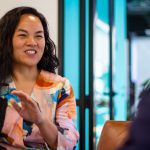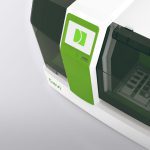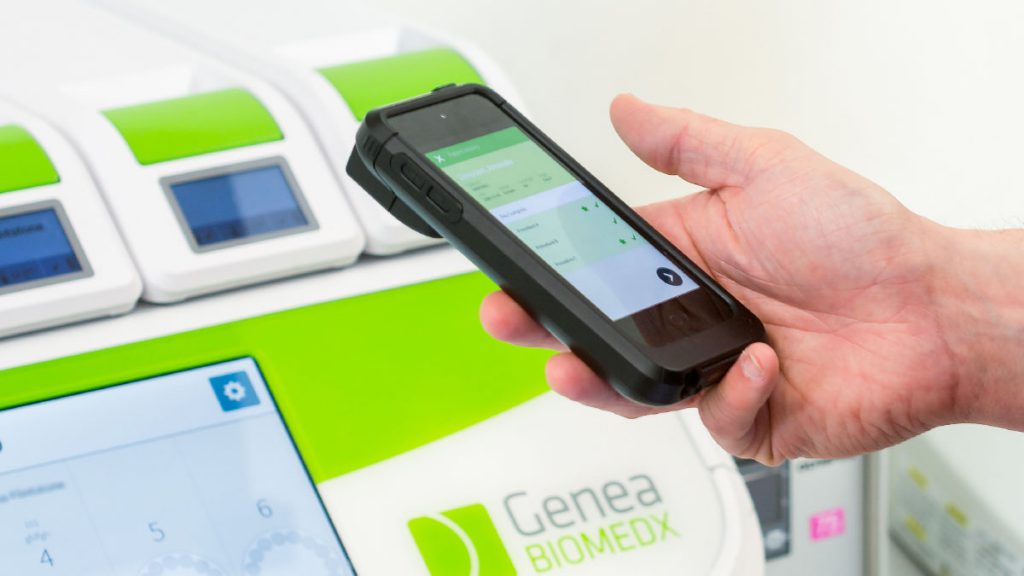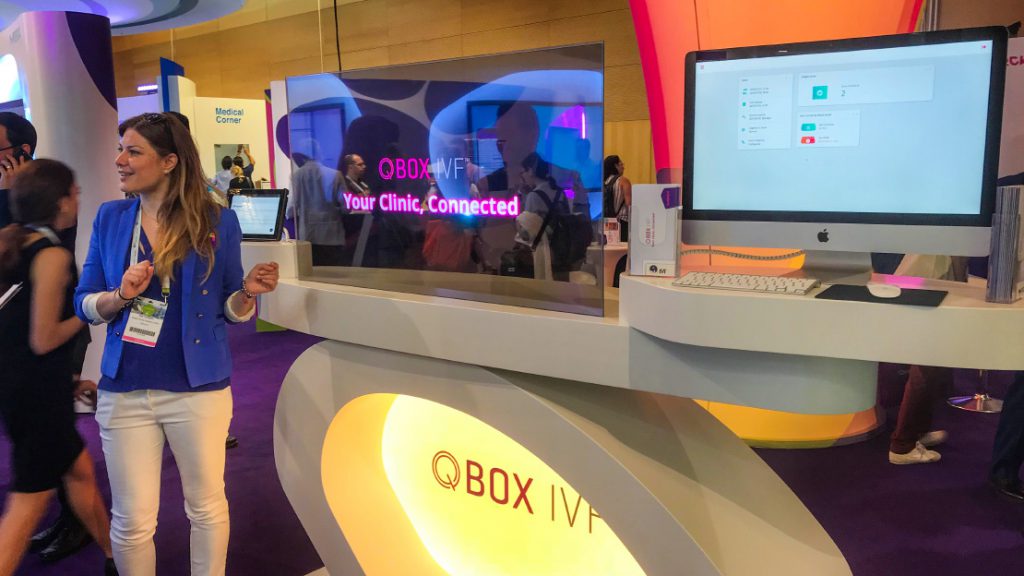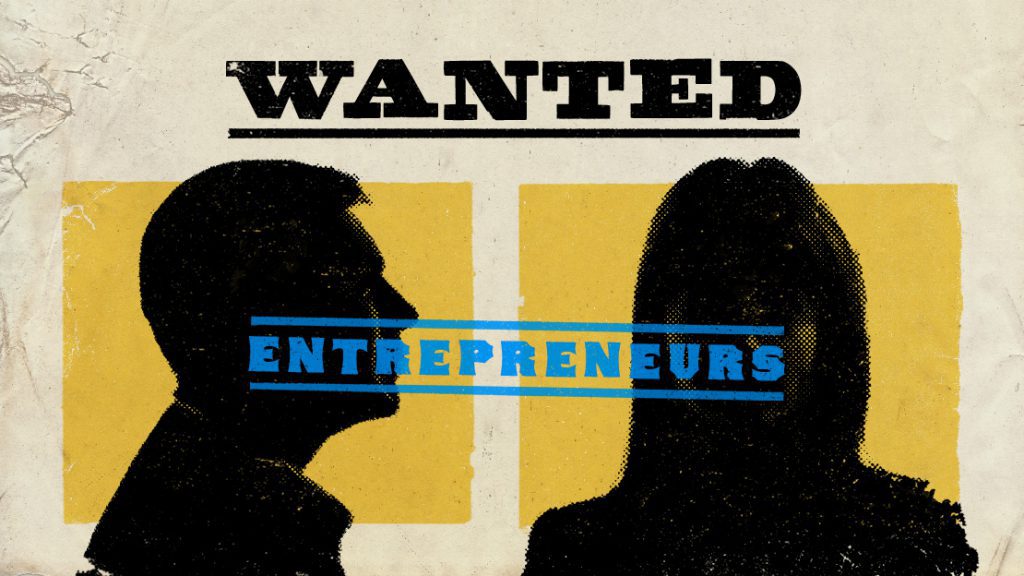
Qerim Shahini, CTO at PI Digital, applies the lessons learned from an action-packed entrepreneurial career to bring an unwavering commercial focus to every project his digital delivery team creates.
What makes a product succeed? It is so much more than the quality of the idea, or even the execution of that idea, says Qerim. Success is born, lives and dies on the commercial value of a product. It’s a lesson Qerim learned the hard way and one that he applies every day in his work leading PI Digital’s 30-strong team. A product is not successful (no matter how clever) until it is commercially successful.
Born in South Africa, Qerim (or Q for short) launched his first software product before he got his first job. Working day and night with two close friends, they unveiled the software to a global company they thought would buy it. The prospective buyer turned it down and the software died. Though disappointed, Q was bitten by the entrepreneurial bug.
So, when a financial software company in South Africa, Brampton York, gave Q his first job and his second chance at entrepreneurial success, he was determined to win through. At the behest of the CEO, Q created a product from scratch to help traders (the company’s clients) automate the task of finding liquidity in markets (it was the late 1990s before the internet was widely used for commercial purposes).
Q worked day and night at the traders’ desks to understand what they needed. The software he created was a hit. It became a “must-have” for blue-chip brokerages such as Deutsche Bank, Merrill Lynch, Citibank and UBS and asset managers like Old Mutual, Sanlam and Investec.
“What I really enjoyed about this project was seeing the impact it had on people,” says Q. “The software changed the way traders worked. It saved hours every day for every trader. Hours on the phone became a 10-minute exercise for them. That was incredibly fulfilling.”
A few years later, Brampton York offered Q a deal: to buy the product he’d developed and the business that had grown around it. He scraped together the money and set to work. Within a few months, a competitor entered the market with a better product. The new product threatened the viability of his new venture. “I had worked out terms and borrowed the rest. It was terrifying,” Q recalls.
Determined to succeed, Q went in person to his long-standing clients asking for time. “I said, ‘Don’t make any decisions for three months and we’ll talk again’. We didn’t sleep for three months. And we shipped a product that killed every competitor. From there it just grew and grew from 10 customers to hundreds.”
That was the moment Q learned the value and power of strong relationships with customers.
Lessons learned and applied
Q sold his company and traveled the world, taking consulting roles first in London, including Live Nation Entertainment, the world’s leading live entertainment and eCommerce company, and peer-to-peer lending marketplace, Zopa.
Moving steadily closer to Planet Innovation (though he didn’t know it then), Q and his family arrived in Melbourne in 2010, working first with Telstra brand, Readify, and then cancer diagnostic company, Leica Biosystems. Q joined Planet Innovation in 2016 to lead the digital team.
Through his entrepreneurial ups and downs and his global experience, Q has earned his stripes, and it is Planet Innovation’s clients who stand to gain from his insights. Here are the lessons he applies daily:
Digital must add tangible value
Every customer wants their product to have a digital capability that adds tangible value, Q says. Examples of value-adds include controlling products remotely and using the data collected to improve the product.
Most products don’t need machine learning and artificial intelligence from day one to create value from data, Q says. “If we create a biomedical instrument and then connect it to an electronic medical records system, all of a sudden we gain a new context that helps the technicians using the biomedical instrument to make better decisions. We gain insight by joining multiple sets of data and putting them in one place.”
Commercial and customer focus
Q’s commercial focus remains unwavering, as does his determination to stay close to clients. Q and his digital team use a technique called “story mapping” to help clients and engineers explore a new product’s potential, and agree on the features for the first iteration of the product: the “minimum viable product” as it has come to be known. The team and client then work with early adopters, who test and provide feedback.
“In every environment, those lessons I learned have shaped my career: setting up the right processes, making sure we keep a keen eye on delivery, staying close to customers, and never sacrificing quality. Innovate, iterate, update.”
Impact
From a digital perspective, it’s the products which collect and interpret data which become truly impactful, Q says. By impact, Q means saving time, making work easier, more fun or more flexible, and adding new ways to make money or save money.
When products create an impact and deliver outcomes to those that use them, everyone profits. “Outcomes and impact: that’s what we care about. While it is very easy to get drawn into details and become way too analytical about the tech, let’s think instead about the product’s impact on someone’s life.”
Deliver Deliver Deliver
From his early success, Q got hooked on delivering software that changes people’s lives in tangible ways. Products that take forever to develop don’t help anyone. “Deliver, deliver, deliver. That’s what I’m all about.”
Q’s relentless delivery focus has shaped the team he has built up at PI. He says, “There is a little bug that bites a few software developers in the world, who go, ‘Hey, delivery is even better than playing with the toys’.”
That’s the focus Q looks for in hiring for PI Digital, which now includes 30-plus software engineers. “We have a process to find those people, identify who they are, and make sure we get hold of them. Then you can approach any problem and just focus on value.”
__________________
Bio in brief: Qerim Shahini, CTO – PI Digital
Expertise
Engineering at Tshwane University of Technology, Pretoria. Founded Qube Soft, Johannesburg. Analyst programmer and technical architect for global companies including Leica Biosystems, Readify, Zopa and Live Nation.
Pleasures outside work
Snowboarding, cycling and golf.
The biggest lesson from my career so far?
I’ve learned just how difficult it is to nail what’s valuable. Ideas are just inspiration. The actual thing that creates value eventually can be completely different to what you had initially thought.

